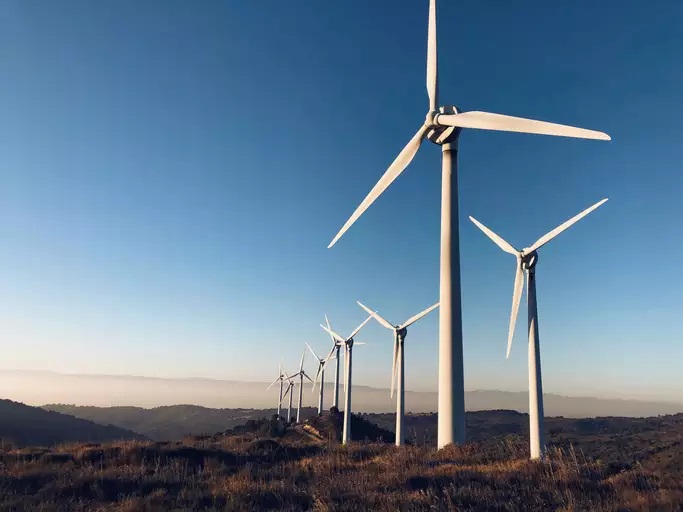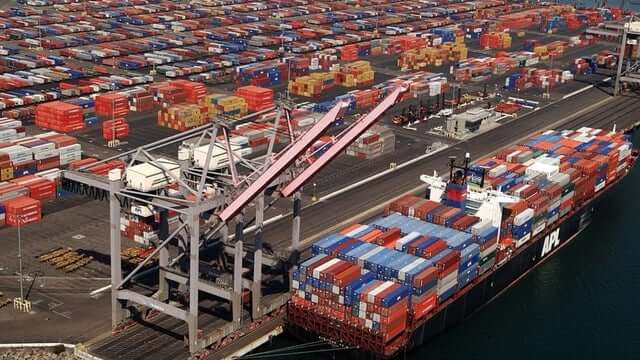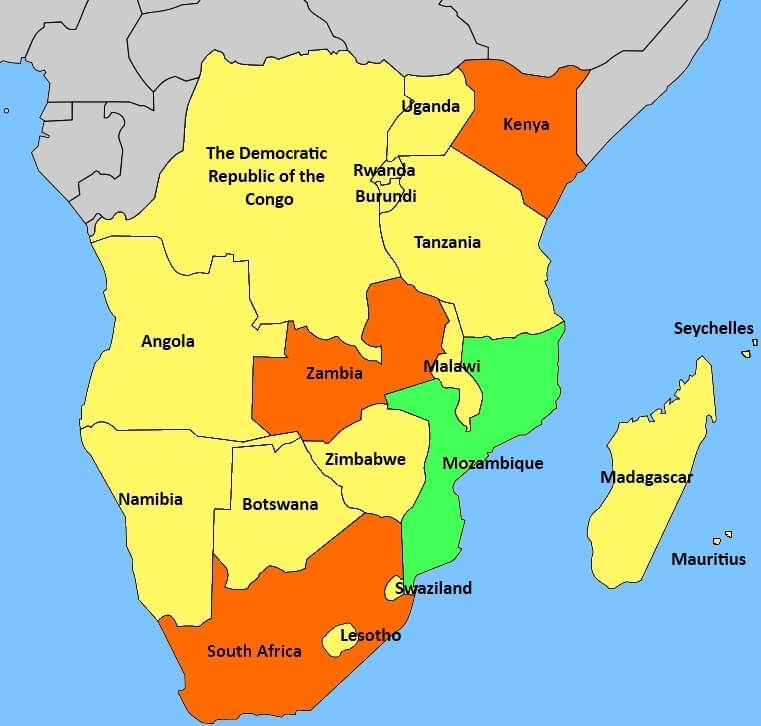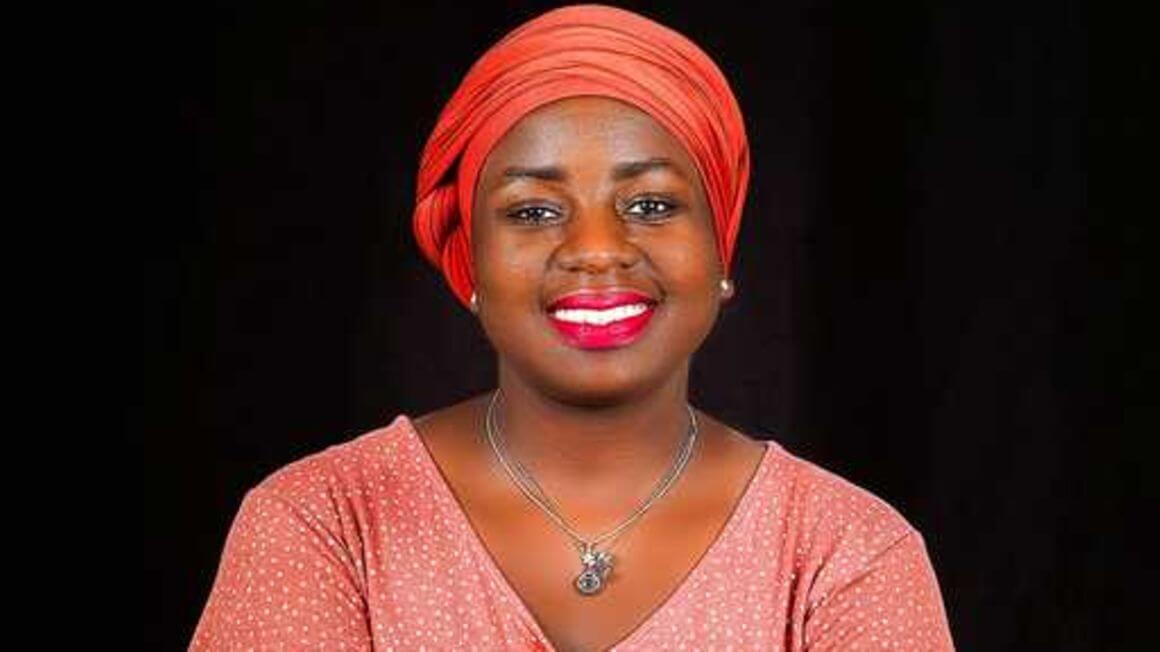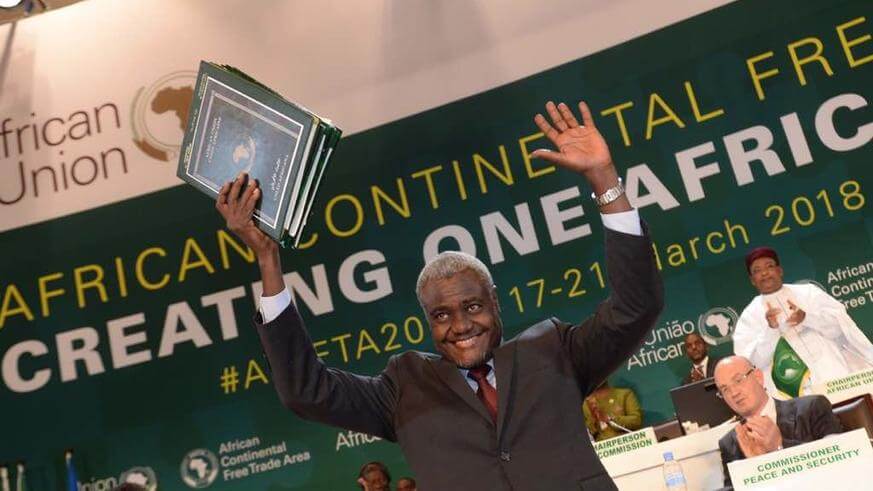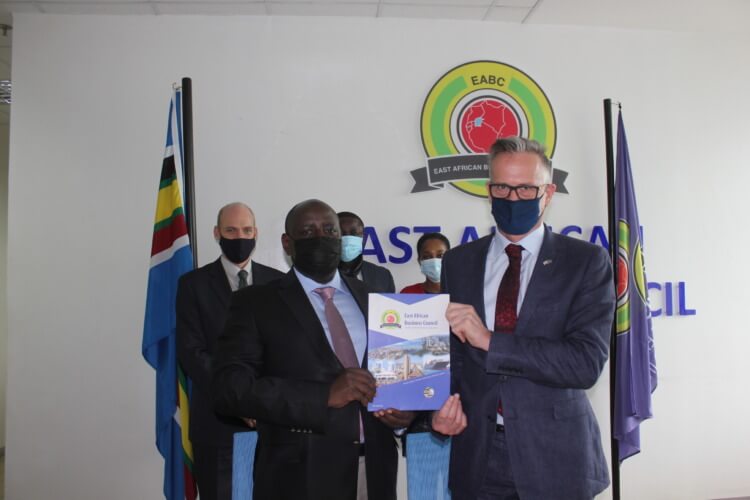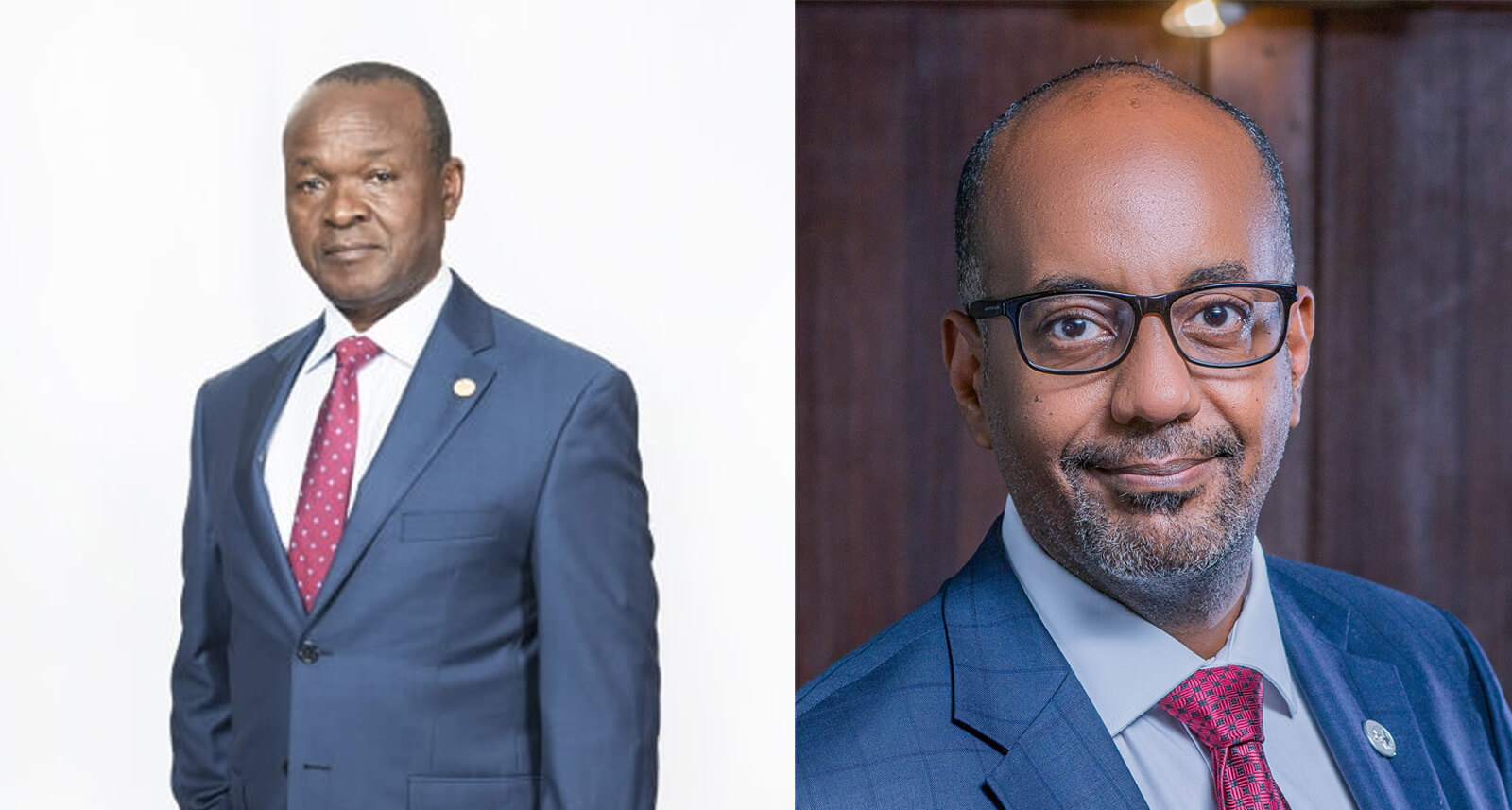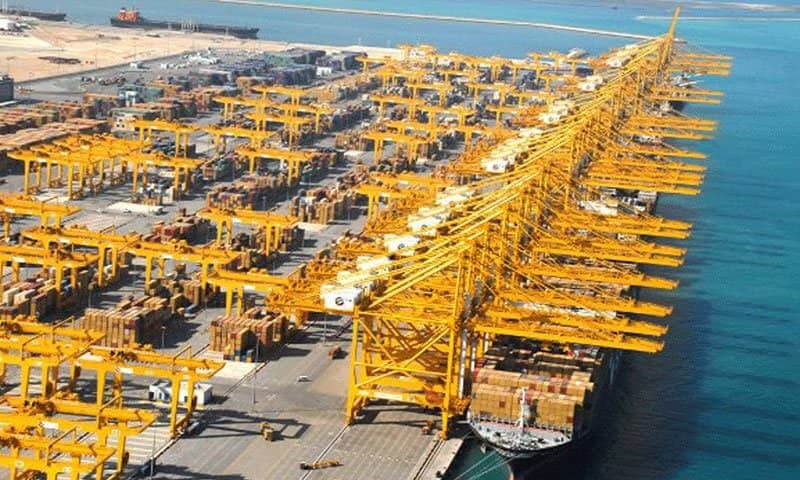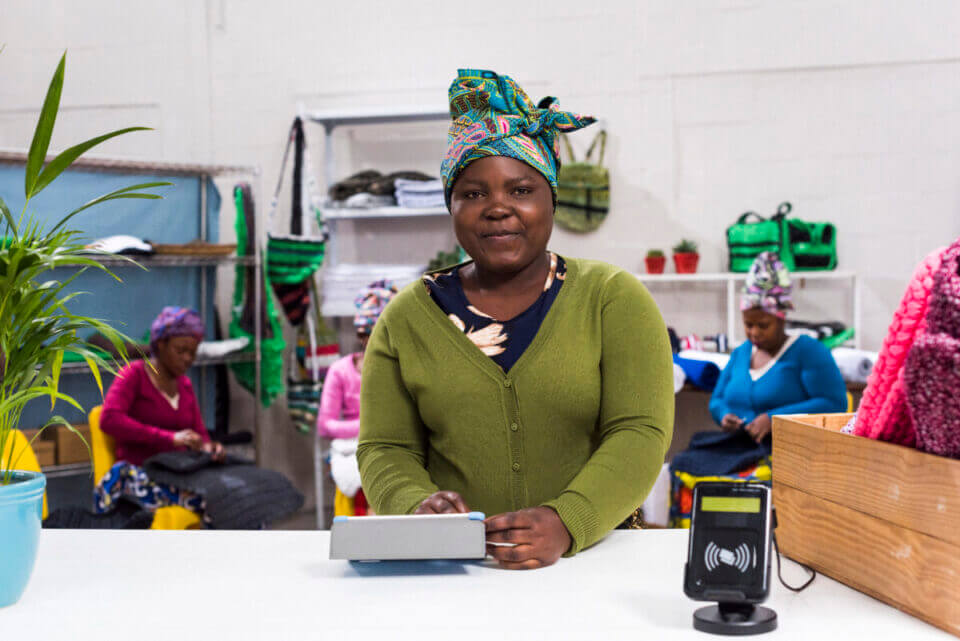Nairobi, July 7 (Xinhua)-East Africa needs to green its leather and textile sector to promote exports, the International Trade Center (ITC), a joint body with the World Trade Organization, said Wednesday The report published in said. United Nations. According to the report, these sectors are the most polluted and have a negative impact on the local environmental quality, especially water resources. “The international value chain and textile value chain are working together to be environmentally friendly and reduce our ecological footprint,” a report co-authored by the Kenya Manufacturers Association (KAM). Says. The ITC says that most of this change towards environmental sustainability is due to large global fashion brands that require supply chain players to comply with internationally agreed standards for wastewater and chemical management. Said it was being promoted. “For East African companies, failure to comply with these standards poses a risk of being left behind in the global supply chain, and missing export market opportunities can be costly,” the report said. The findings show that textiles and leather are promising sectors in East Africa as they can create jobs, drive innovation and economic growth, and drive exports. The report states that these sectors have also been prioritized by most governments in the region in their industry blueprints as a means of paving the way for higher incomes. UN agencies say that despite the existence of comprehensive global standards and best practices, East Africa lacks an understanding of the steps required for compliance. The report states that local policymakers,...
East Africa urged to boost green development in the leather and textile sector
Posted on: July 8, 2021
Posted on: July 8, 2021

